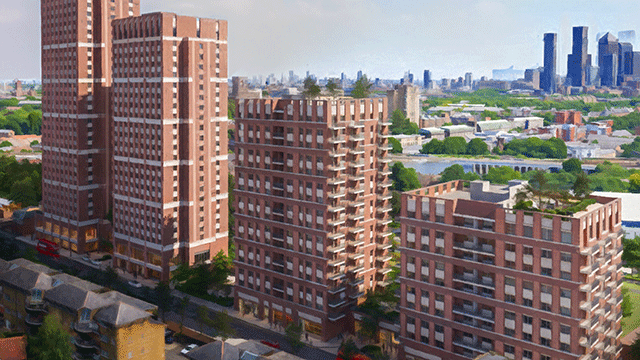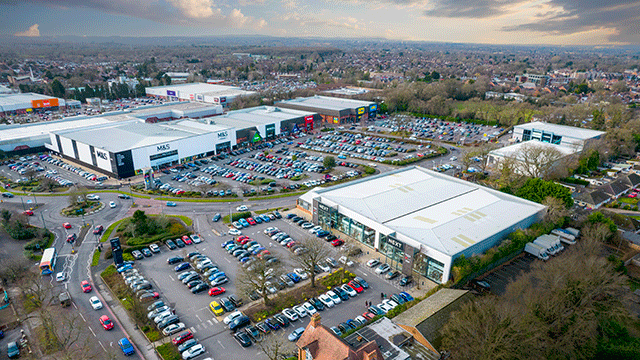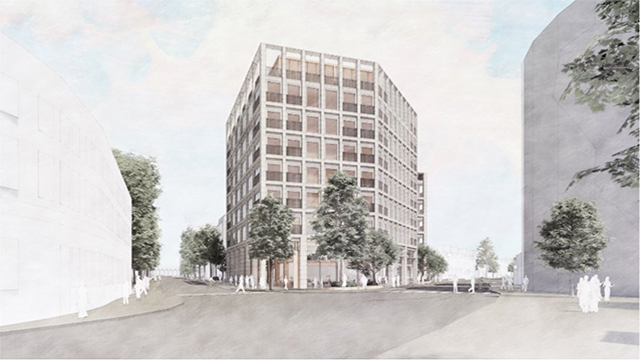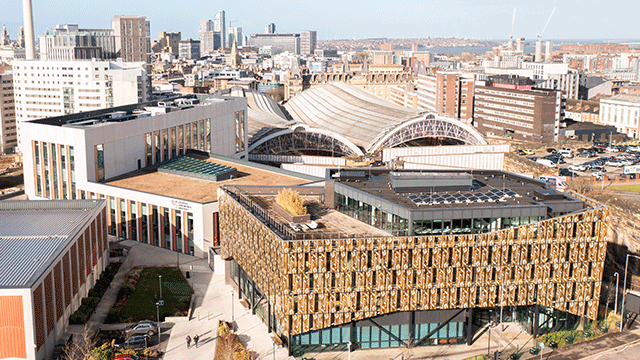COMMENT The secondary retail market has finally reached a pivotal turning point after being on a downward trajectory. After what some would say has been a torrid time for the sector, we are finally seeing buyers and sellers align, giving the market a new dynamism.
Over the past five years, the retail market has struggled, only to be dealt a knockout punch by Covid-19. During that time, retail assets have consistently made up 70% of our auction sales, equating to more than £350m a year. With this volume as a data set, we feel that we have seen the expectations of vendors and buyers come together first-hand. It would be a fair assessment to conclude that the market has mourned and is now coming out the other side.
Following the Kübler-Ross “five stages of grief” model, the market found itself in a period of denial, sometimes mixed with anger. As values were being eaten away by falling demand and we saw a growing number of CVAs, the retail sector moved into the bargaining phase. As tenants attempted to chip away and renegotiate their long leases, landlords were left longing for a simpler time when tenants honoured their rental commitments. Depression quickly followed as the harsh reality of the impact of lockdown hit home.
We are now in the acceptance stage, with numerous concessions having already been made. As a result, the true worth of retail real estate is being tested: investors will only commit to the best in-town locations, while rents are still to find their true level in some locations. Against this backdrop, sales have retained their momentum, with several surprising pockets of demand driving pricing beyond expectation.
I say this based on two recent examples – our first sale of a retail asset with turnover-based rent and the depth of demand for secondary shopping centres since the beginning of the year.
Landmark moment
A Grade II listed freehold shop at 70 High Street in Guildford, let to lifestyle brand and now CVA casualty Jack Wills, sold at our auction on 6 May. Its owner chose to accept a rent based on 5% of quarterly turnover, rather than be left with the cost of a vacant store and face an uncertain letting market.
Being a wealthy area, Guildford has always been at the top of private investors’ wish lists, and despite the uncertain rent receipts (one quarterly payment during lockdown was only £363), this demand played out at auction.
The client had set a modest reserve, which the market responded to. Nine registered bidders took the price to £1.16m, equating to an overall figure of £385 per sq ft.
This demonstrated that selling a single asset on a turnover basis is possible and provided some guidance on pricing where the prospect had been redundant. It was a landmark moment for the market.
Turning to shopping centres, the first to sell this year was West Orchards in Coventry, which raised £4.85m in our February sale. The property had been on the market for at least 12 months prior, and the seller reached its “acceptance” stage in December when it decided to trust the market to find the price, particularly as faltering Debenhams occupied nearly half the space and the shopping centre’s doors remained locked mid-pandemic.
Turning point
I’m convinced that the pricing in this market has now reached its turning point, particularly given that we are seeing a number of new entrants in the market. These buyers have fresh eyes, no debt and the energy and innovation that comes with entering what, for them, is an entirely unknown sector.
We have traded five centres this year, raising £15.1m. The headline yields are fanciful, but with net yields of 15% to 18%, this is very attractive arbitrage to office or mixed-use investments whose returns are running at half that.
It comes with the added spice that if these assets have, indeed, been bought well, some rental and capital growth may follow – only time will tell.
As a young auctioneer, I sometimes listened to the sages who said that the market would always find a price. They saw the private investor as a nimble, innovative and opportunistic actor and believed that our market will always be a benchmark for the industry.
In times of crises, like the one we are experiencing now, I have become more reflective on these points and have seen them continue to play out as we carry on trading at pre-Covid levels.
George Walker is a partner and auctioneer at Allsop











